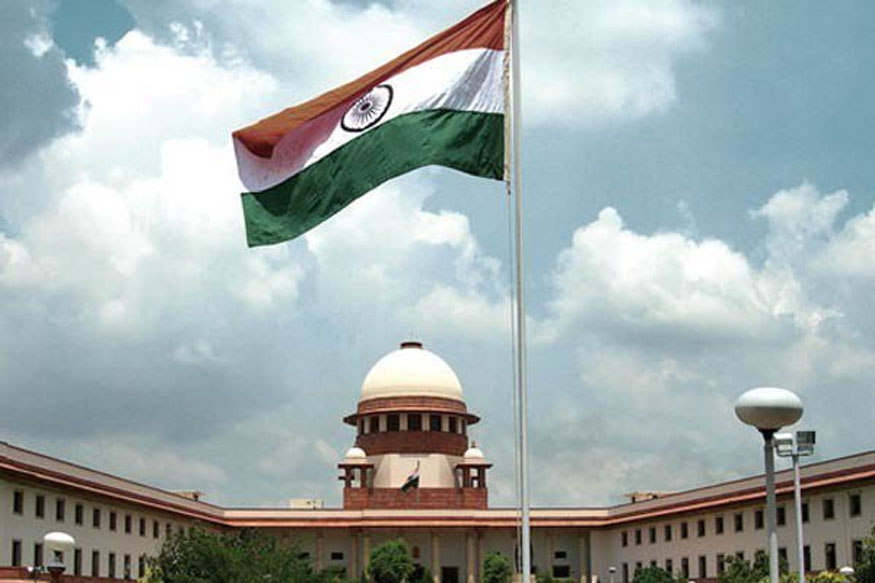New Delhi, May 16, 2022: With the Supreme Court’s recent judgement on the colonial sedition law, the process of eradicating the colonial legacy of oppression, injustice, and prejudice in the hands of tremendous state authority has commenced. We believe it will expedite the campaign against the country’s severe and repressive laws. For decades, the sedition law has been the subject of intense public criticism due to unrestrained abuse of the law in the pre and post-independence eras which is now under judicial scrutiny before the top court.
“Why did it take us more than 70 years to eliminate the superfluous baggage of a highly draconian statute, which was used to crush our freedom struggle?” asked APCR General Secretary Malik Motasim Khan, praising the Supreme Court’s recent decision to put the Indian law on sedition in abeyance. Aren’t we considerably late, reflecting how much damage has already been done? Lawmakers must realise that legislating is a cautious and inclusive process that must be carried out in good faith while protecting citizens’ fundamental rights.
He asserted, “The adoption of a series of special laws to restrict or criminalise the practice of constitutionally given fundamental freedoms sets a troubling pattern in our politics that has far-reaching consequences for the health of our democracy. It has become evident that winning an election does not give politicians a blank cheque to flout constitutional mandates and erode people’s freedoms through arbitrary and harsh legislative changes.” said Khan.
The judgement, according to APCR National Secretary Nadeem Khan, is insufficient. “Meeting the growing demand for better protection of people’s rights is not enough under the existing authoritarian regime, but it is a start in the right direction. New entrants into the family of draconian and repressive laws, which are being arbitrarily imposed and rampantly misused against the most vulnerable and active critics of the government, pose an existential danger to our democracy.”
“The abuse of laws, combined with the courts’ reluctance to award redress, had made things even worse, spawning a variety of coercive mechanisms in the country under various titles. UAPA, NSA, PMLA, AFSPA, PSA, anti-conversion laws, organised crime laws, damages recovery laws, privacy laws, and other provisions that restrict dissent and shrink our civic space must all be repealed”, urged Nadeem.
He also emphasised the importance of civil rights movements and applauded their work in developing a positive climate for opposing anti-people legislation by assuring continuous checks and monitoring of the larger issue of governmental repression.
“We will intensify our efforts to establish new doors to more transparent, responsible, and limited governance, in which critical voices are rewarded rather than punished. We will also take steps to provide pro bono legal assistance to anyone imprisoned under the sedition law in their efforts to obtain relief from the courts of law, as well as campaign for the proper execution of this judgement,” Nadeem stated.
For the past two years, the APCR petition challenging the provisions of the Unlawful Activities Prevention Amendment Act, 2019 has been pending before the Supreme Court, and we have high hopes that the Supreme Court will expedite the examination of the constitutionality of this anti-terror law, with more historic judgments expected in the near future.
We are adamant that any vague, arbitrary, or discriminating law that infringes on people’s rights has no place in this democracy, and lawmakers must be aware, that the real power rests with the people
















